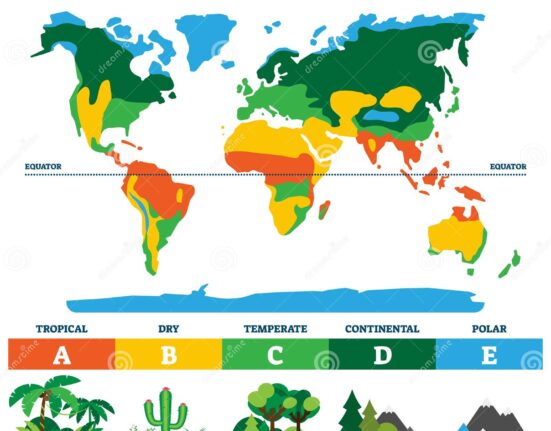An antiparasitic drug called ivermectin unexpectedly rose to fame during the covid-19 pandemic, despite its original intended uses having no connection to the virus. Before 2020, very few people were familiar with this medication. However, as the global health crisis unfolded, interest in ivermectin surged due to baseless claims suggesting it could either prevent or treat the viral infection.
In an unprecedented turn of events, renowned podcast host Joe Rogan publicly shared that he had taken ivermectin when he fell ill with covid-19 in 2021. This revelation brought further attention and controversy to the debate surrounding the drug’s efficacy against the coronavirus. Similarly, Robert F Kennedy Jr., a prominent figure now holding a significant position in public health in the US, urged the FDA to provide guidance endorsing the use of ivermectin for treating covid-19.
As discussions around ivermectin continue to circulate among various circles, experts caution against unverified claims and emphasize the importance of scientific evidence and regulatory approval before endorsing any treatment method. While some individuals advocate for its potential benefits based on anecdotal experiences or limited studies, others stress the necessity of comprehensive clinical trials to validate its effectiveness and safety profile accurately.
According to Dr. Smith, a leading infectious disease specialist,
“It is crucial not to jump to conclusions about a drug’s effectiveness without robust scientific data supporting its use.”
He further explains that while exploring potential treatments is essential during a health crisis like a pandemic, it is equally vital to adhere to established protocols for rigorous testing and evaluation.
Critics argue that promoting medications like ivermectin without substantial empirical evidence can be misleading and potentially harmful if individuals rely on unproven remedies instead of seeking approved medical interventions. They highlight that misinformation regarding unverified treatments may divert attention from proven preventive measures such as vaccines and established therapeutic options recommended by healthcare authorities worldwide.
In light of these ongoing debates and conflicting viewpoints surrounding ivermectin’s role in combating covid-19, researchers emphasize the need for well-designed clinical trials with rigorous methodologies to determine its actual effectiveness in treating viral infections effectively. While curiosity and interest drive exploration into new treatment avenues, experts stress that caution and scientific rigor should always guide decisions related to public health interventions.
The evolving landscape of medical research underscores the complexities involved in evaluating unconventional treatments amid global health crises. As society grapples with uncertainties and seeks solutions amidst challenging times, maintaining transparency, adherence to evidence-based practices, and collaboration between healthcare professionals remain paramount in navigating through complex healthcare challenges successfully.
With controversies persisting around unconventional treatments like ivermectin and their impact on public health responses during pandemics, ongoing dialogue among experts across diverse disciplines is essential for fostering informed decision-making rooted in science-driven approaches aimed at safeguarding population health effectively.





Leave feedback about this